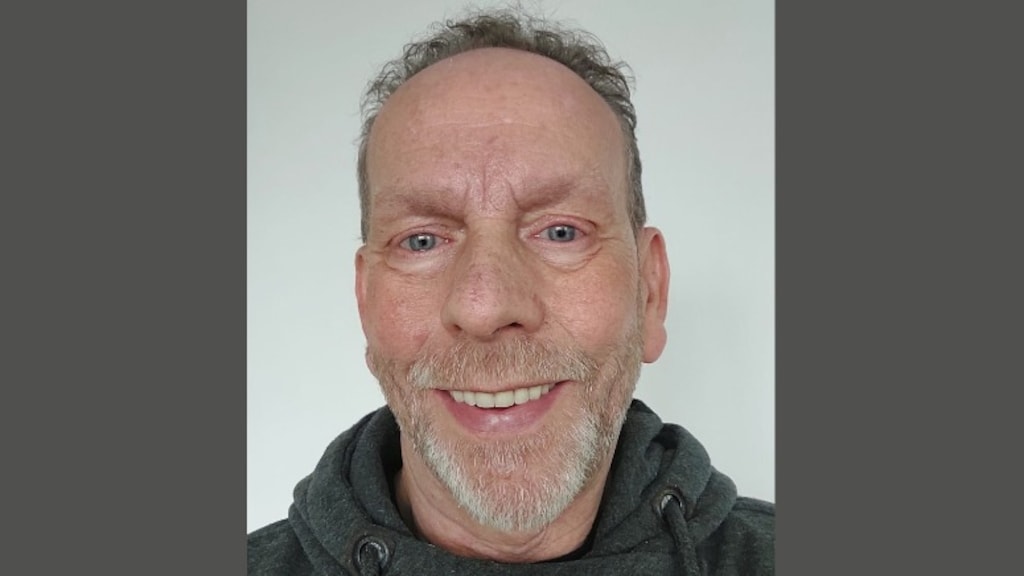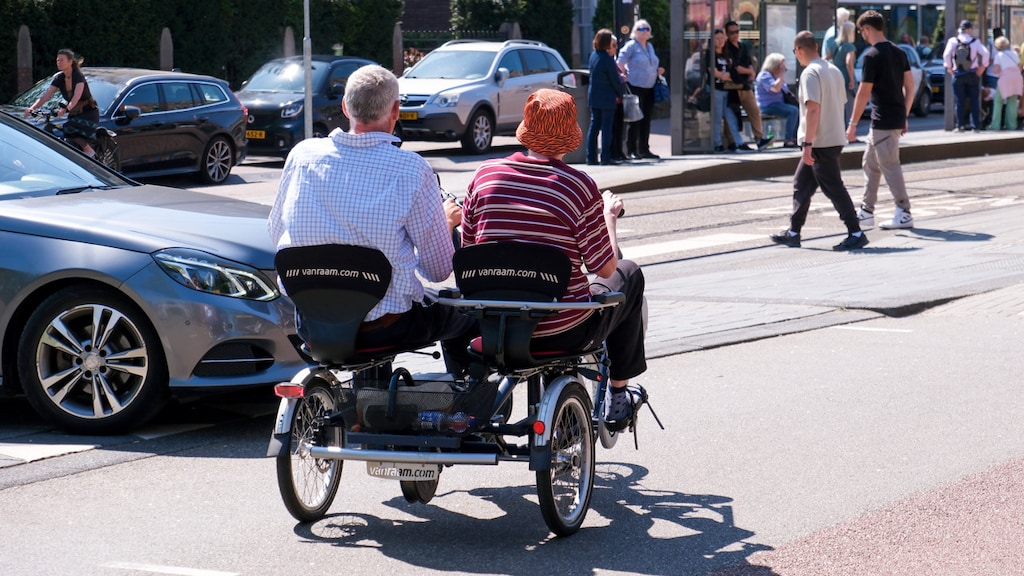Major concerns about Wmo reform: 'People who are already exhausted will have it even more difficult'


A new bill from the cabinet threatens to make care and support for people with disabilities considerably more expensive. The personal contribution for the Wmo (Social Support Act) can amount to 328 euros per month. For Chris, Manon and Jeroen who depend on this support, this is a bitter pill.
Since 2019, Wmo users have been paying a fixed monthly amount of 21 euros for services such as domestic help, home adjustments and aids. The government now plans to abolish this fixed contribution. For people with an income above 135 percent of the social minimum (which is approximately 24,000 euros for single people), this means that they will pay considerably more.
The National Institute for Budget Information (Nibud) predicts a 'too steep and steep increase that means that people with an income up to the average will soon pay much more of their own contribution than they do now'. Arjan Vliegenthart, director of the Nibud, warns: "For many people with a disability, that is simply not affordable, especially given their often already higher expenditure on energy, food, transport and care."
Chris, Manon and Jeroen explain what this reform means for them:

Chris is very concerned about what the reform will mean for him. He had been struggling with lung problems and chronic inflammation of his bones since he was young. At the age of 27 he was diagnosed with a rare autoimmune disease, also called Hyper IgE syndrome.
Severe lung damage"I was born with it. My immune system is not able to fight inflammation properly, resulting in serious damage to my lungs and pain in my joints. I live with chronic pain and fatigue. It took a long time for doctors to discover what exactly was wrong. At the AMC in Amsterdam, there was finally a doctor who suspected it. From that moment on, I was treated, and it worked. But that does not mean that I have been helped.
All those years I tried to just go along. You are young and want to be able to do what others do: work. In addition, I provided informal care for my mother for many years. That eventually became too much. When you are also alone, everything is extra difficult. In the end I had to admit: this is too much.
Eight years ago I was declared fully disabled. Since then I have been receiving support from the Wmo. I receive domestic help, which is incredibly important to me, because I do not have the energy to properly maintain my household. I am very concerned about whether I will still receive that help in the future. I would like to continue to participate in society, but this makes it almost impossible."
According to State Secretary Vicky Maeijer, the reform is necessary: "We see that assistance from the Social Support Act 2015 is under pressure. With an income and asset-dependent personal contribution, we want to keep assistance available for people who need it most."
Maeijer promises to look into the research and the comments of the Nibud. "The bill for this personal contribution is currently with the House of Representatives. It will be further discussed there in the coming period."

Tygo (12), Manon's son, has a complex care requirement. He has not been able to go to school for 4 years, has autism and an exceptionally high IQ, but functions socially and emotionally at the level of a toddler. Mother and son live together 24 hours a day, day in, day out .
A year and a half ago, it was decided that Tygo needed his own living space. A place that offers him peace and structure, where he can learn under supervision and develop step by step towards a form of independence. So that, despite everything, he still gets a chance to become part of society. But that plan is in jeopardy because of the reform, according to his mother.
"Our family is faced with an impossible decision. We want nothing more than to help our son Tygo develop, but the system is letting us down. Tygo needs constant closeness; he cannot be alone, cannot sleep in his own room, and during the day he is always with us in the living room. Everything is a stimulus for him: a phone call, the television, a car driving by, or the postman at the door. Tygo immediately becomes overstimulated and restless.
For his birthday we visited Tygo at home, you can see that in the video below:
The Wmo approved the extension for a private living space. We received the decision and heard that a personal contribution had to be paid. We found that understandable. But then we discovered that a new law is coming. If we sign for this provision now, we will end up in a much higher contribution rate, which makes it unaffordable for us. Our healthcare costs are already enormous: because of the intensity of care at home. Net we just manage, but 328 euros per month extra is an amount that we simply cannot afford.
The municipality now says: if you don't sign, the extension won't be built. But if we do sign and can't pay that contribution later, then we either have a debt problem, or we have to sell our house, or - and that's the worst of all - evict Tygo. That is a heartbreaking choice that no family should have to make."
*Until the age of 18, parents do not have to pay a personal contribution for the Wmo. Only the municipality where Manon lives has included a regulation that this is the case in the event of a home adjustment.

Jeroen is dependent on home care. That became clear two months ago when home care came in and he was not conscious. He only woke up two days later in the hospital.
He has a rare muscle disease, so rare that it doesn't even have a name. There is no real treatment, with medication only the pain is suppressed. He has been in the hospital seven times, because he lost consciousness.
"I need a lot of aids at home. For example, they are coming to install electric door openers on Monday, so that I can open the doors with a remote control. I also get electric arm support, so that I can eat by myself again, for example. Everything that gives me back a little independence counts. In the morning, the home care helps me with washing and dressing. They do that again in the evening. In addition, someone comes by four days a week to help me with other tasks. This is financed from the Long-term Care Act (Wlz). I already pay a personal contribution of 363 euros per month for this.
If the new legislation goes through, hundreds of euros may be added. Your gross income is taken into account, not your actual expenses, such as rent or health insurance. We can all just about manage at the moment. But for many people, these are serious amounts.
I understand that savings have to be made somewhere, but not like this. Not at the expense of people who are already vulnerable. Because if the threshold for asking for help becomes too high, people will waste away at home. And then we as a society will really have lost something."
The umbrella organization Ieder(in), which is committed to people with a physical disability, intellectual disability or chronic illness, is very concerned about the consequences of this reform.
She is also concerned about the consequences of the increase in the personal contribution. "For people living with a lifelong disability, care and support will become unaffordable," warns Deborah Lauria, director of Ieder(in). "These people will soon pay the price for a financial problem that they did not cause themselves."
RTL Nieuws






